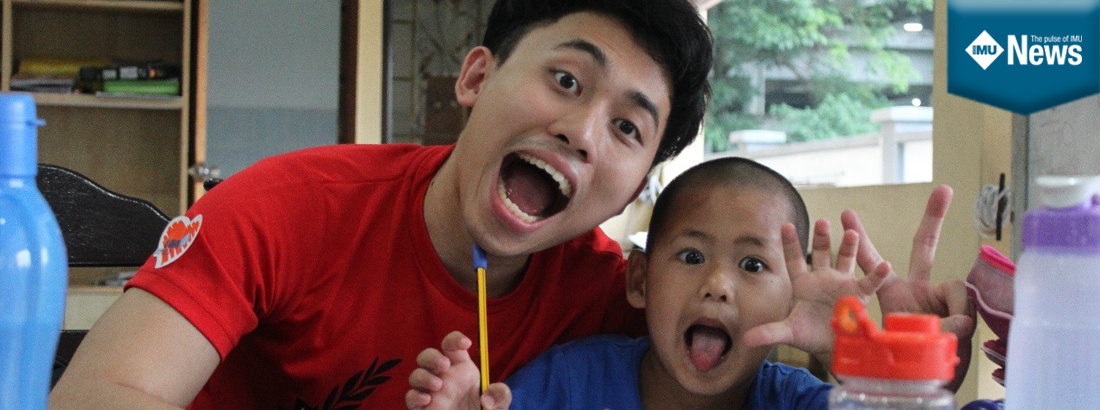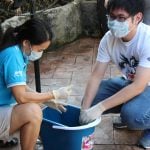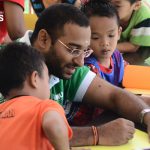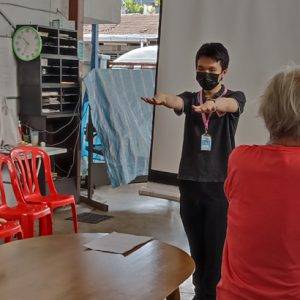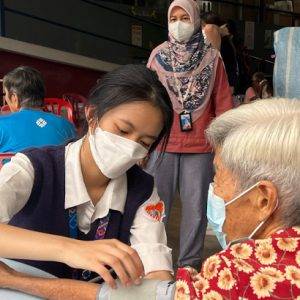What started out as a branch of a different project has now grown and matured into what is now known as Discover the Joy of Learning (DJOL) 2.0. Led by Dr Dinesh Kumar Chellappan and managed by Chan Ser Chyi and Low Ka Lok, DJOL 2.0 aimed to continue the work of the original project at Rumah Charis – Home for the Children. Students from various programmes and cohorts of the International Medical University (IMU) volunteered themselves to teach the children at Rumah Charis on Friday evenings. 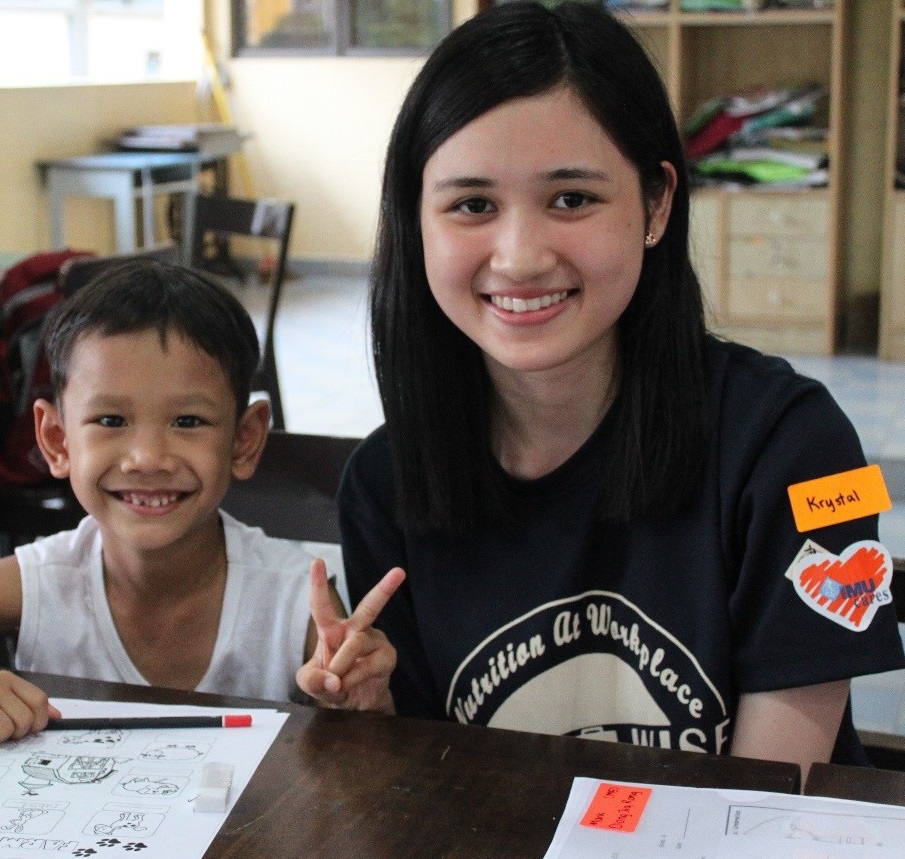 DJOL 2.0, like its predecessor (DJOL 1.0), provided support and guidance in educating and developing the orphans and children of single parents at Rumah Charis. Due to the request of Rumah Charis’ coordinator, Jackson Pau and the encouraging numbers of participation from volunteers, we were able to reach out to not only children aged 4 to 12, but also those older who are aged 13 to 16. The emphasis on these age groups is because they are still at the age when they are more open to learning and will learn better. Our focus this time however differed, as we intend to improve their English language proficiency.
DJOL 2.0, like its predecessor (DJOL 1.0), provided support and guidance in educating and developing the orphans and children of single parents at Rumah Charis. Due to the request of Rumah Charis’ coordinator, Jackson Pau and the encouraging numbers of participation from volunteers, we were able to reach out to not only children aged 4 to 12, but also those older who are aged 13 to 16. The emphasis on these age groups is because they are still at the age when they are more open to learning and will learn better. Our focus this time however differed, as we intend to improve their English language proficiency. 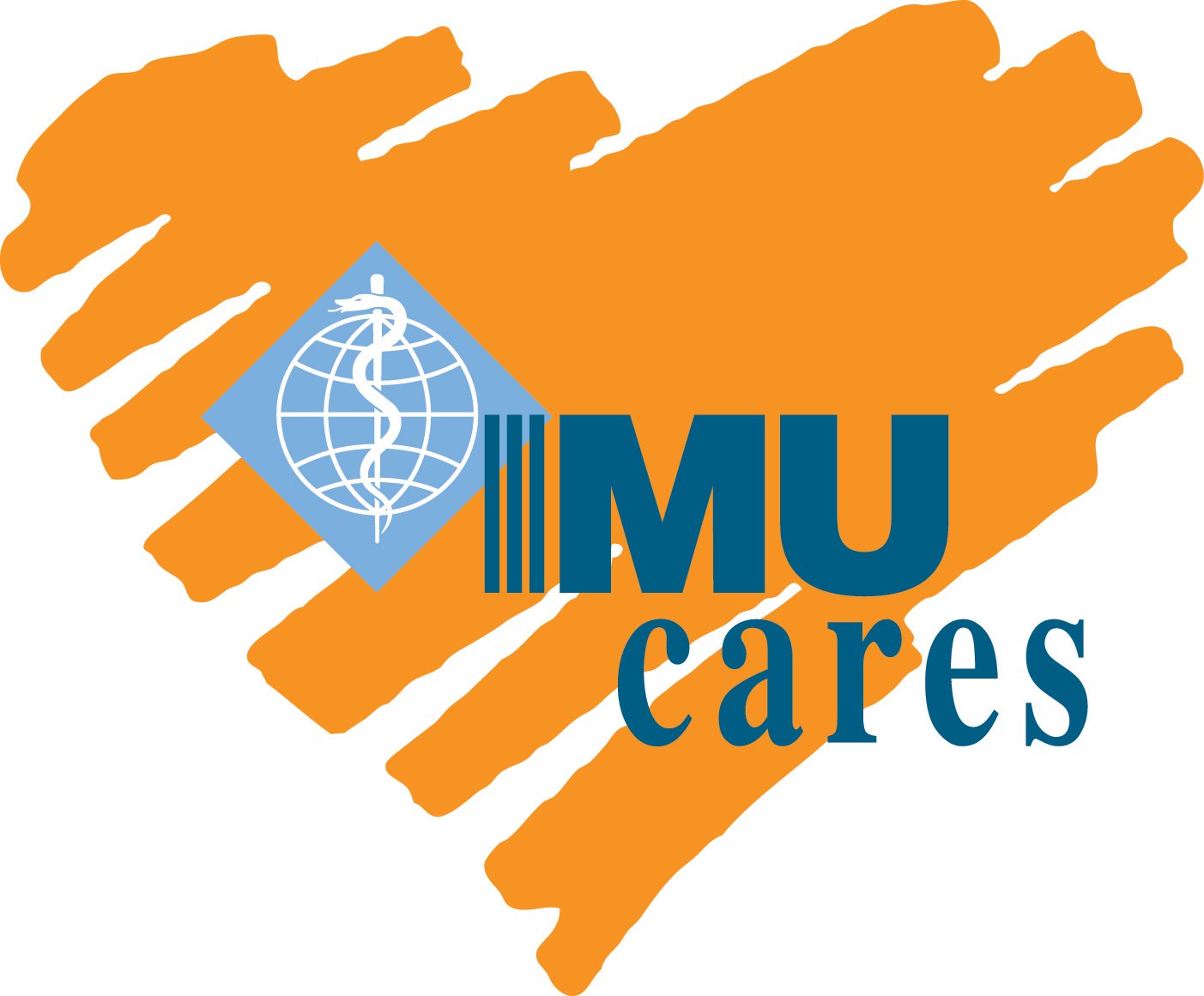 Without a doubt, English is one of the most spoken languages in the world and has its place as a business language. Thus, we believed that it is imperative that each child be fluent in the English language. We hoped that they possess not only the ability to communicate in Mandarin – as most of them are Chinese-educated, but also have a good grasp of English to help them be more multilingual and flexible individuals as they reach adulthood and enter society. We conducted a series of learning activities for the children at Rumah Charis – Home for the Children; thanks to the support of our project leader, Dr Dinesh Kumar Chellappan and funding from IMU Cares.
Without a doubt, English is one of the most spoken languages in the world and has its place as a business language. Thus, we believed that it is imperative that each child be fluent in the English language. We hoped that they possess not only the ability to communicate in Mandarin – as most of them are Chinese-educated, but also have a good grasp of English to help them be more multilingual and flexible individuals as they reach adulthood and enter society. We conducted a series of learning activities for the children at Rumah Charis – Home for the Children; thanks to the support of our project leader, Dr Dinesh Kumar Chellappan and funding from IMU Cares.
| Rumah Charis is a non-profit Christian organisation founded in 1988 by Reverend Teo How Ken as a home to serve the old and the aged (Home for the Aged), but has since expanded to include the children and the youth. The Home for the Children provides care for orphans and children of single parents and intends to create a suitable environment for them to grow. They also provide spiritual direction, education and counselling for these children. The children’s home currently house 40 children, with ages ranging from 3 to 18 of which 10 are under the age 12. |
We made 6 successful visits aiming at teaching the children English as well as certain essential life and soft skills via interesting and engaging activities based on a theme for that day. This was done with the approval of the caretakers of the home.
Our first visit was held on 26 May 2017, when we assessed the English proficiency of the 30 children involved in the project based on the four themes decided previously, i.e. ‘Animals,’ ‘Feelings and Emotions,’ ‘Days, Months and Years’ and ‘Jobs/Occupations.’ This assessment provided the project coordinators insight on the children’s performance and allowed them to prepare materials better suited to the children’s needs. The subsequent visits were held on 2 June 2017, 23 June 2017, 14 July 2017, 21 July 2017 and 28 July 2017. The former four visits were aimed at teaching each theme, respectively. The final visit acted as a reassessment to evaluate the children on what they have learnt for the past few weeks so that we can measure their progress. 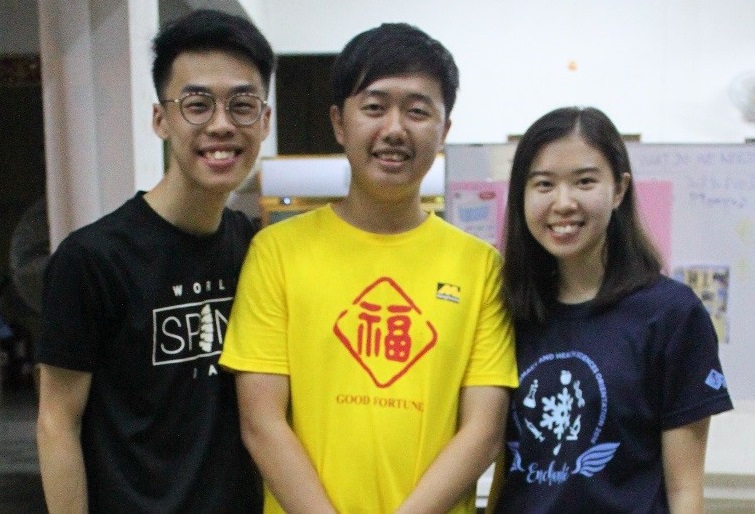
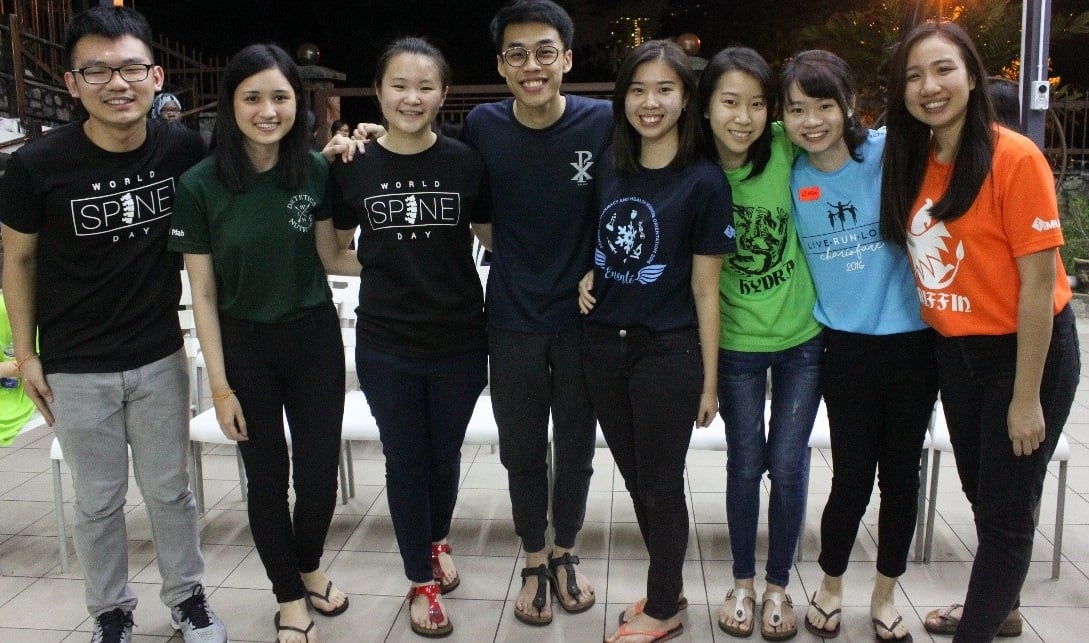 Due to the differences in age and therefore different difficulty levels of English to be learnt, the children were divided into 4 groups based on their age for all visits, i.e. 4-6 years old (Group A), 7-9 years old (Group B), 10-12 years old (Group C) and 13-16 years old (Group D). During each visit, one volunteer is assigned to one child respectively to provide one-on-one tutoring, which keeps the child focused and engaged as well as allows the child to learn at his or her own pace.
Due to the differences in age and therefore different difficulty levels of English to be learnt, the children were divided into 4 groups based on their age for all visits, i.e. 4-6 years old (Group A), 7-9 years old (Group B), 10-12 years old (Group C) and 13-16 years old (Group D). During each visit, one volunteer is assigned to one child respectively to provide one-on-one tutoring, which keeps the child focused and engaged as well as allows the child to learn at his or her own pace.
Each session began with teaching the children the chosen theme via learning materials prepared by the project coordinators. Then, the children were given short exercises to complete which were based on the lesson taught. Upon completion of the assessment, the children were also tutored and guided by our volunteers on any schoolwork which they face difficulty in doing. To conclude each session, a booklet containing the content of the lesson for that day is given to each child for their reference to help them better retain the knowledge.
| What do you think of the DJOL 2.0 programme? |
| Like the first one, it is a very good programme. I am grateful to all the volunteers who came and taught the children one-on-one, it really helped them. I also appreciate the effort and thought put into educating the children. I hope that you can all come again. The children are looking forward to seeing you all. – Jackson Pau (Rumah Charis Coordinator) |
This article was written by Tan Ching Boon, Project Secretary of the Discover the Joy of Learning 2.0 project. The photos were taken by Lim Xin Ying, Leong Wei Qian and Nur Aiman bin Azizun Rahman, who were in-charge of photography.
Related Article: Discover the Joy of Learning at Rumah Charis (Home for the Children)




